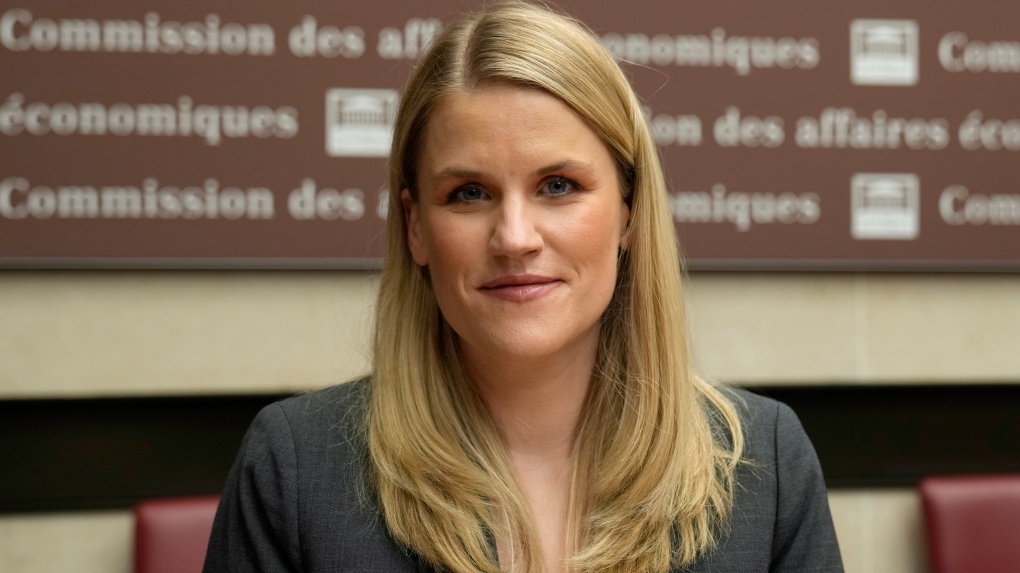Neuroscientist Emma Duerden says social media can alter children’s brains and have negative impacts on their mental health.
“Social media can impact the developing brain in very specific ways,” Duerden told CTV News Channel on Friday. “We know [social media] can act on the brain’s stress response system, but also the reward system of the brain.”
Duerden is an assistant professor at Western University and the Canada Research Chair in neuroscience and learning disorders. Her research has found links between screen time and “negative internalizing behaviours” that can lead to stress and anxiety in children.
“The screen is changing all the time,” Duerden said. “Especially if they’re sitting in classrooms where they’re constantly getting notifications, that habitual checking has actually been associated with specific changes in brain regions involved in fear and anxiety in teenagers, so it’s very concerning.”
Duerden explained how social media use can also release the neurochemical dopamine into the brain. Associated with pleasure, dopamine can be triggered by activities like enjoying music and taking drugs. While we normally don’t experience this kind of “rush” constantly in our everyday lives, social media can create a steady stream of rewarding feelings.
“That’s where it’s becoming really concerning for children, where they’re on these apps, they’re posting images, they’re commenting on images, and they’re often seeking validation,” Duerden added. “They can be spending a lot of time online and avoiding in-person social interactions, which can lead to loneliness and social isolation and could really underlie some of the mental health concerns associated with using social media.”
Four Ontario school boards announced Thursday that they have launched legal action to seek $4.5 billion in damages from Snapchat, TikTok, and Meta, the owner of both Facebook and Instagram, for creating products that have allegedly caused “widespread disruption to the education system.”
Duerden encourages parents to have open dialogues about social media use with their children and to consider reducing screen time if necessary.
“If parents are concerned, really encourage limiting social media use, limiting screen time, having screen-free time during the day or… at meals,” Duerden advised. “Really encourage limiting screen time use at least one hour before bedtime, as it’s really associated with disrupting children’s sleep which is so important for healthy brain development.”
You can watch the full interview with Duerden above.




